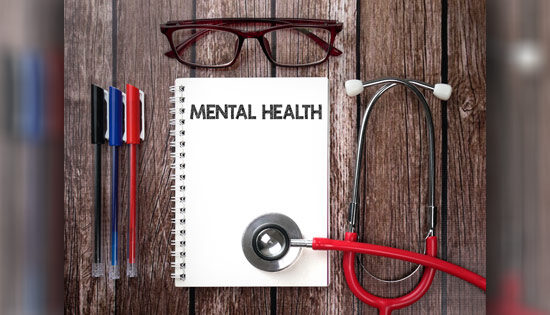ATLANTA – A new survey by Primal Survivor reveals that 56% of Georgians consider themselves as survivalists.
Release:
4.5 Million Georgians Are Self-Described ‘Survivalists’, Reveals Survey.
- 14% are preparing for an international conflict.
- 1 in 3 said recent news about Chinese spy balloons has prompted them to ‘prep’.
- Interactive map showing the no. of survivalists in each state.
Created by Primal Survivor • Viewlarger version
Hollywood has long captivated audiences with blockbuster movies centered around apocalyptic events such as Armageddon, Deep Impact, The Day After Tomorrow, Independence Day, and Mad Max. However, it seems that the possibility of such catastrophic events happening in real life has prompted millions of people to actively plan and prepare for them. These preparations are no longer confined to the realm of fiction, but rather a response to the very real threats facing our world today.
A survey of 3,000 respondents by Primal Survivor (a website dedicated to providing practical prepping advice), has revealed that almost 150 million Americans (57%) now consider themselves to be ‘survivalists’. That’s right – almost half of the US population is preparing for the worst. But who can blame them? Between Chinese spy balloons, extreme weather, a global pandemic, and a war in Ukraine, it’s no wonder people are starting to get a little anxious.
When it comes to the Peach State, 56% of Georgians consider themselves as survivalists, which equates to a sizeable 4,574,657 people!
Interestingly, Hawaii has the highest proportion of survivalists, with 80% of the population (or 892,000 people) having already prepared for an extreme event. One possible explanation is the state’s geographic isolation and vulnerability to natural disasters such as hurricanes, tsunamis, and volcanic eruptions. These events could potentially cut off the state’s access to supplies and resources, making it more important for residents to be prepared for emergencies. Additionally, Hawaii’s large military presence, which includes several bases and installations, may have led to a culture of preparedness and readiness in the state.
Meanwhile, Rhode Island seems to be taking a more laid-back approach, with only 17% of the population having taken steps to prepare for disaster.
Interactive map showing the number of survivalists in each state
And what exactly are survivalists preparing for? Well, it turns out that extreme natural weather events are what keep them up at night. 54% of respondents said that this is the main reason they’re prepping, followed by economic uncertainty (16%) and an international conflict (14%). The survey revealed that recent news about Chinese spy balloons incursions into US airspace has prompted 34% to become more engaged in prepping. Another 13% are most concerned about another pandemic. Indeed, of those who did not consider themself a ’survivalist’ before the pandemic, 54% say they are more likely to join the movement now. Finally, 3% prepare for domestic political uncertainty.
But despite the growing number of survivalists, it seems that most Americans aren’t actually that well-prepared for an extreme event. When asked how long they could survive without help from authorities if the power were to go out, the average response was just one week. And 17% of respondents said they wouldn’t even make it past day two.
The Federal Emergency Management Agency (FEMA) recommends having a basic Disaster Supplies kit ready, which includes items such as three days’ worth of bottled water and non-perishable food, a battery-powered radio, a flashlight and extra batteries, a first aid kit, a whistle, and warm clothing.
It appears that that prepping has become a way of life for many Georgians. Fifty-seven percent of those surveyed said they now consider prepping to be a mainstream movement.
“The stats don’t lie – two in three Americans have been affected to some degree by an extreme weather event. Even if the worst-case scenario doesn’t ever transpire, preparing thoroughly will give you peace of mind on a day-today-basis” says Paul Simpson from Primal Survivor.











